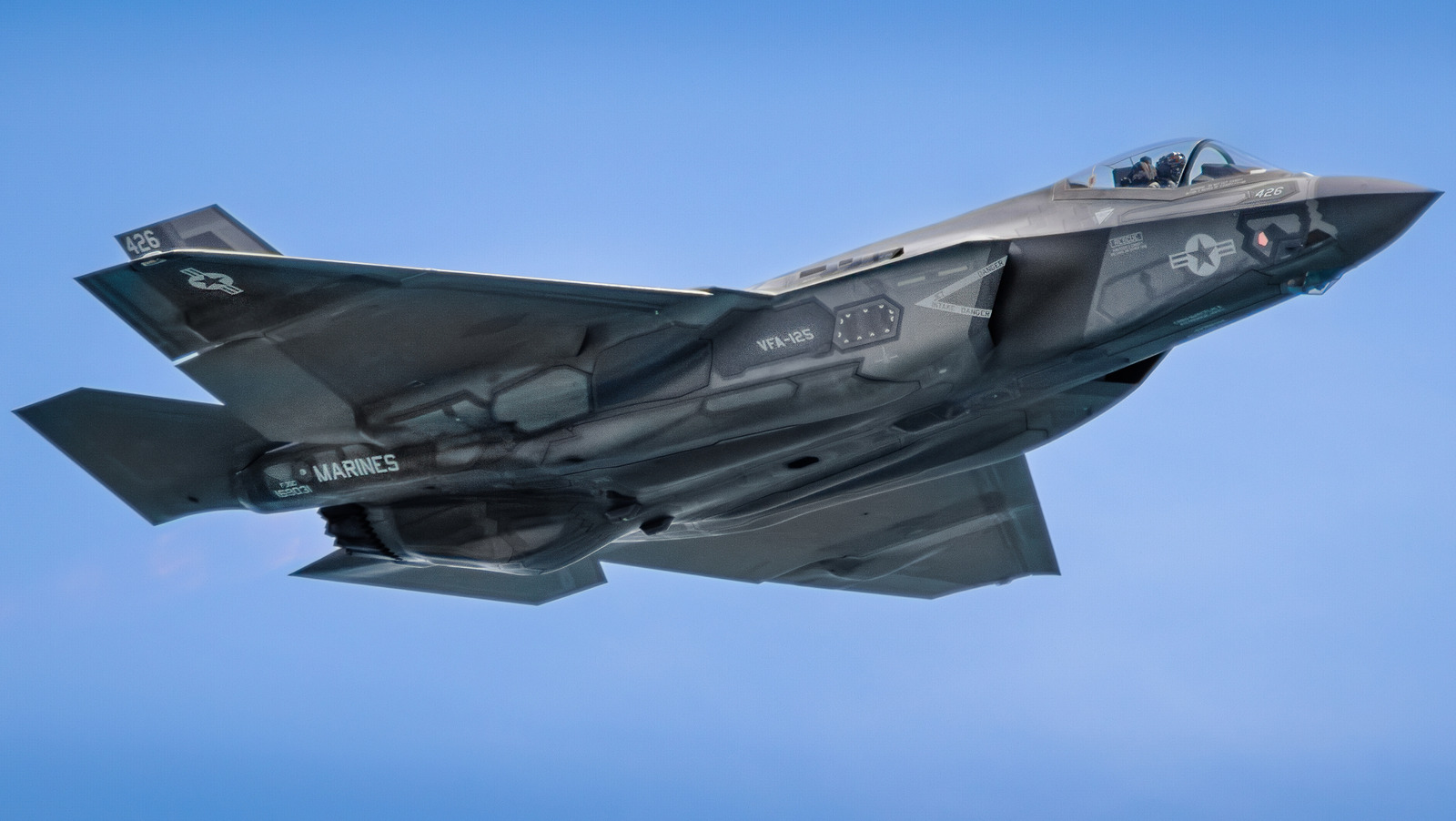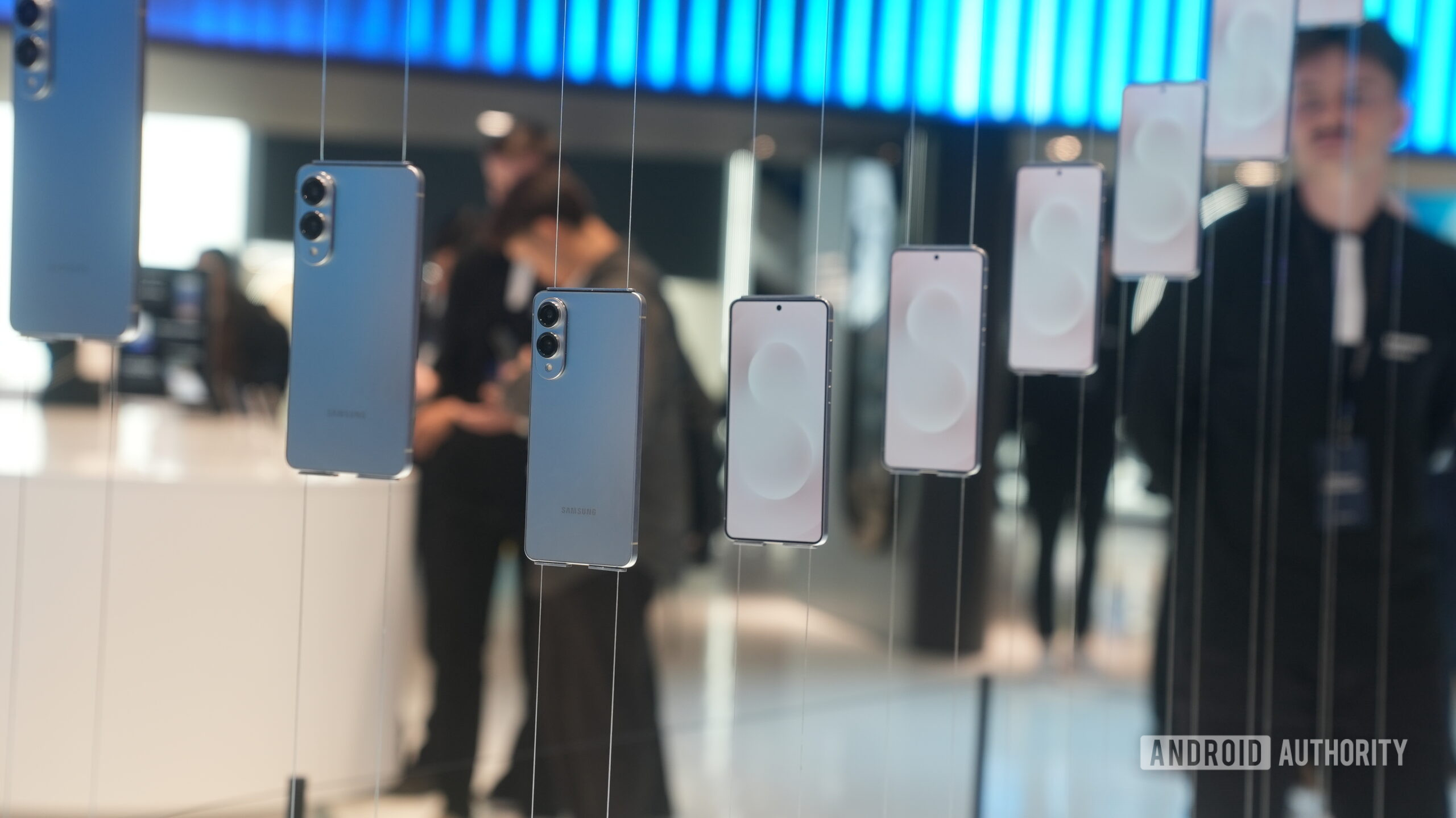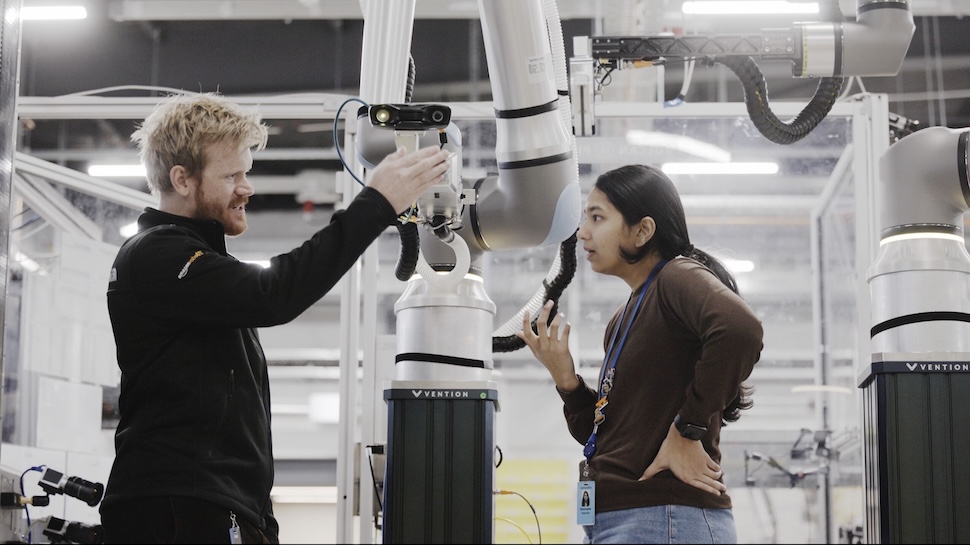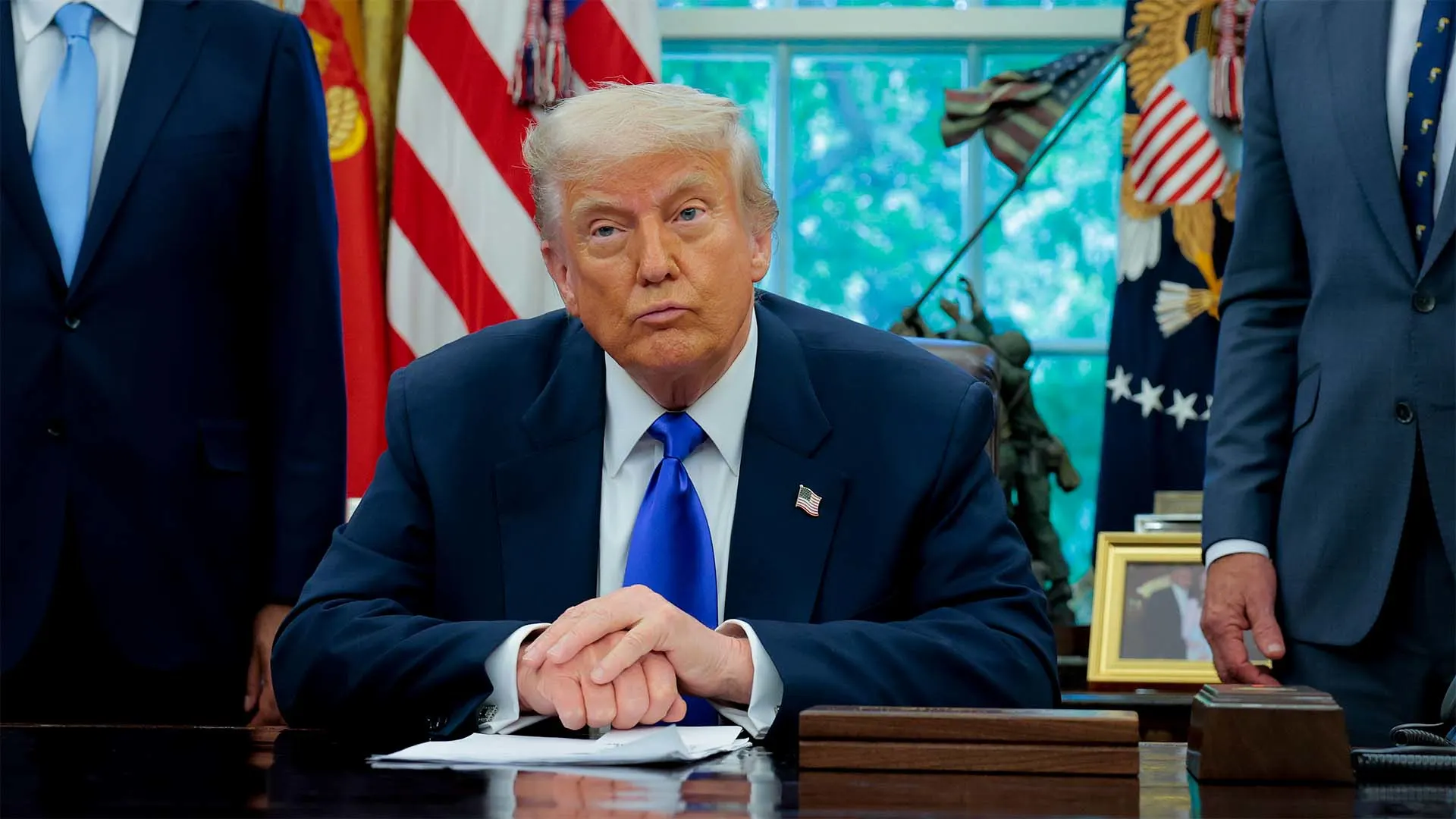AI War Heats Up: US Tech Leaders on Staying Ahead of China
The post AI War Heats Up: US Tech Leaders on Staying Ahead of China appeared first on Android Headlines.


For some time now, the United States has set a clear goal: to become the world’s leading AI country. Experts and legislators have offered their own tips and proposals for achieving this goal. Recently, the heads of some of America’s biggest AI companies—OpenAI, Microsoft, and Advanced Micro Devices—sat down with a US Senate committee to talk about the global race in artificial intelligence. They reached a general conclusion: The US is currently in the lead, but holding onto that top spot against China will require some strategic moves from Washington.
US commission discusses steps to win AI war against China
The Senate Commerce Committee is led by Senator Ted Cruz. The entity is looking for ways to make it easier for the US AI industry to thrive, especially after China’s DeepSeek surprised many with a powerful and affordable AI model last year. This development seems to have spurred the US tech sector to push for policies that could give them an edge. This includes potentially easing restrictions on exporting AI chips. Participants argue that getting AI that reflects democratic values widely adopted globally is actually in the country’s national interest.
The experts speak
Microsoft President Brad Smith put it plainly: “The number-one factor that will define whether the U.S. or China wins this race is whose technology is most broadly adopted in the rest of the world.” He even drew a parallel to the competition in 5G technology, suggesting that whoever establishes dominance first will be tough to unseat.
Sam Altman, the CEO of OpenAI (the folks behind ChatGPT), echoed the sentiment. He expressed his belief that AI advancements will accelerate significantly in the coming years, especially with continued U.S. investment. He emphasized that “investment in infrastructure is critical,” suggesting that the U.S. has the potential to be the epicenter not just of the AI revolution but future technological leaps as well.
Lisa Su, the CEO of AMD—a major player in AI chip manufacturing—also weighed in. The development of advanced AI relies heavily on specialized computer chips, massive datasets for training these AI models, significant energy resources, and a skilled workforce. Smith called for increased education in AI to speed up its adoption, along with investments in electrical infrastructure and AI research and development. The United States already has a project that goes along these lines: Stargate.
China’s rapid advancement in AI caught the US off guard
The emergence of China’s DeepSeek as a serious competitor has clearly caught the attention of the US tech industry. Their ability to produce a high-quality AI model that’s also more cost-effective to run was surprising. It appears that the US government’s efforts to limit China’s access to American AI chips and technology due to national security concerns have been less effective than expected.
The key takeaway from the hearing seems to be that while the US has a current advantage, maintaining that lead in the global AI race isn’t just about technological innovation. It also requires strategic government support in multiple areas. The list includes infrastructure, education, and fostering the widespread international adoption of US AI technology. The race is on, and the finish line is still a ways off.
The post AI War Heats Up: US Tech Leaders on Staying Ahead of China appeared first on Android Headlines.









































































































































































![[The AI Show Episode 146]: Rise of “AI-First” Companies, AI Job Disruption, GPT-4o Update Gets Rolled Back, How Big Consulting Firms Use AI, and Meta AI App](https://www.marketingaiinstitute.com/hubfs/ep%20146%20cover.png)


























































































































![[DEALS] The Premium Python Programming PCEP Certification Prep Bundle (67% off) & Other Deals Up To 98% Off – Offers End Soon!](https://www.javacodegeeks.com/wp-content/uploads/2012/12/jcg-logo.jpg)














































































































































_Aleksey_Funtap_Alamy.jpg?width=1280&auto=webp&quality=80&disable=upscale#)
_Sergey_Tarasov_Alamy.jpg?width=1280&auto=webp&quality=80&disable=upscale#)












































































































![Apple Developing New Chips for Smart Glasses, Macs, AI Servers [Report]](https://www.iclarified.com/images/news/97269/97269/97269-640.jpg)
![Apple Shares New Mother's Day Ad: 'A Gift for Mom' [Video]](https://www.iclarified.com/images/news/97267/97267/97267-640.jpg)
![Apple Shares Official Trailer for 'Stick' Starring Owen Wilson [Video]](https://www.iclarified.com/images/news/97264/97264/97264-640.jpg)





































































































